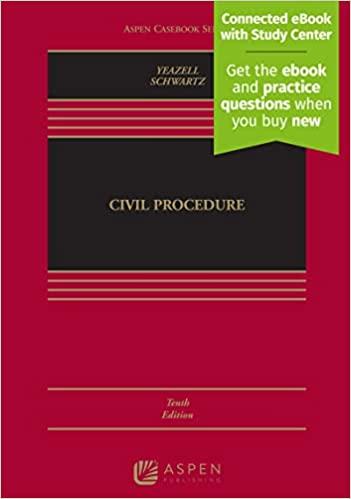Question
The example below comes from the textbook (see page 145).You have until Sunday night at midnight to submit your answer. Your mark for this discussion
The example below comes from the textbook (see page 145).You have until Sunday night at midnight to submit your answer. Your mark for this discussion is as follows: 4 marks for your answer to the discussion thread below; 1 mark for your response to another student. Your response to another student needs to be a few sentences and should respectfully and thoughtfully engage with their content.
Imagine for a moment that you are capable of designing your own character, drawing inspiration from the role models around you. First, what are the moral qualities that you would want to possess? These qualities could include wisdom, courage, compassion, honesty, integrity, self-control, patience, loyalty, caution, and so forth. Feel free to include other qualities listed in the course material that do not appear in this list.
Secondly, who are the role models in your life that you draw inspiration from? Could be athletes, authors, politicians, artists, social justice advocates, educators, etc. Do they possess the qualities that you want, and, if so, how do you think they acquired these qualities? Be specific. NOTE: you CANNOT talk about a family member. Pick someone outside your family and provide a link to your research, if relevant, in your post.
Answers that incorporate and engage with lecture & textbook content will receive full marks. Make sure to demonstrate that you have read the material in your answer. Your journal entry should be at least two full paragraphs. You can write more, but not less. You will see what other students wrote after you submit your entry.Students who submit a blank entry first to access what other students wrote will receive a zero.
Here are some topics to think about as you work on this journal reflection. You don't need to answer these questions; I've included them to help you get started on this assignment and to help you formulate your own thoughts.
What is virtue? How does one become virtuous?
What is practical wisdom? How does one become practically wise? Remember: wisdom is not the same thing as intelligence. For example, some learn from their past mistakes, whereas others simply repeat their mistakes, some are ignorant of or ignore their mistakes, or they blame others for their own mistakes and never move forward. What accounts for these different responses? It takes wisdom and self-reflection to move forward and grow. Many don't have such insight, but some do. Why? Where did they learn this vital skill?
"It takes a village to raise a child."This is a very popular phrase which Aristotle would agree with. For Aristotle, education, especially moral education, at a young age is paramount. Do you agree? What are ways that society provides a moral education outside the classroom? Examples could be the arts, architecture, literature, online streaming services, culture/religion, etc.
REFRENCE :
TEXT BOOK :- Zeyl, J., Radke, N. (2018). Ethical Perspectives. Toronto: Oxford University Press. ISBN 13: 978-0-19-9019210-2
Step by Step Solution
There are 3 Steps involved in it
Step: 1

Get Instant Access to Expert-Tailored Solutions
See step-by-step solutions with expert insights and AI powered tools for academic success
Step: 2

Step: 3

Ace Your Homework with AI
Get the answers you need in no time with our AI-driven, step-by-step assistance
Get Started


